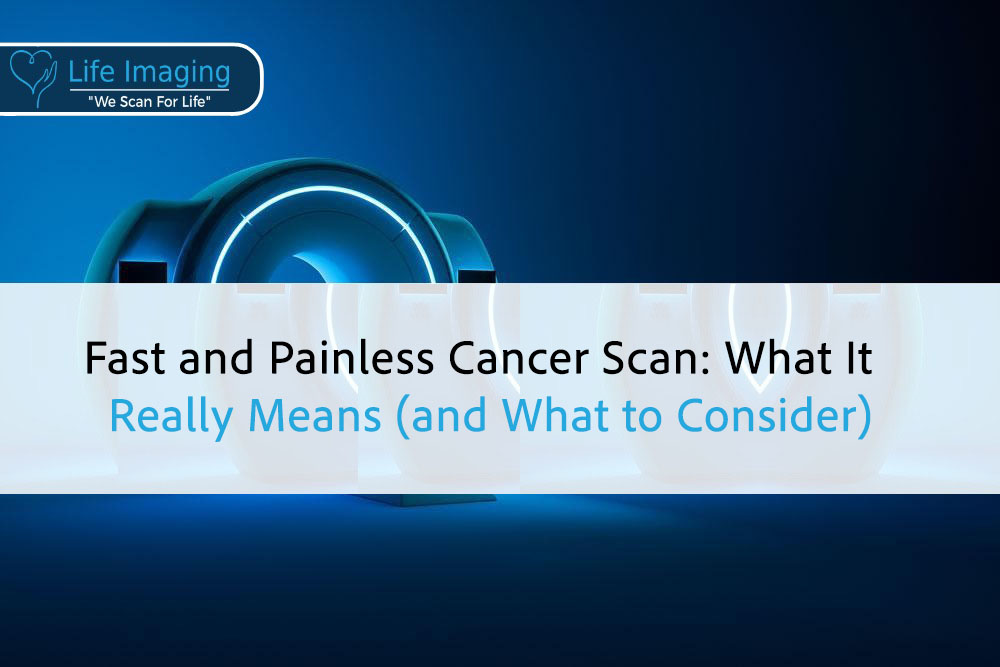
Fast and Painless Cancer Scan: What It Really Means (and What to Consider)
Fast and Painless Cancer Scan: What It Really Means (and

CT scans are important tools that help doctors see inside our bodies without surgery. In Miami, many people get CT scans to detect heart or lung issues. But, understanding the differences between heart CT scans and lung CT scans is crucial.
Heart CT scans focus on the heart and blood vessels. These scans help doctors detect heart disease early. Knowing about your heart health can be life-saving. Lung CT scans, on the other hand, focus on detecting lung conditions and diseases like cancer. Early detection of lung issues can lead to better treatment outcomes.
Both types of scans are valuable for different reasons. Knowing which scan you need and why can make a big difference in your health journey. This article will explain these scans, what to expect, and how they address different health concerns. Understanding these differences can help you make informed decisions about your health.
Heart CT scans, also known as coronary CT angiography, are specialized imaging tests that focus on the heart and its blood vessels. These scans use advanced X-ray technology to create detailed pictures of the heart’s anatomy.
The main goal of a heart CT scan is to detect blockages or other abnormalities in the coronary arteries. It helps doctors assess heart health and pinpoint issues that may not show up in other tests. The procedure is non-invasive, which means no surgical tools enter the body.
Patients typically go through a quick, painless process that involves lying on a table while the scanner takes pictures. A contrast dye is often injected into the bloodstream to highlight the blood vessels, making it easier to see any blockages.
Lung CT scans, often called chest CT scans, focus on the lungs and surrounding tissues. These scans use similar X-ray technology to create detailed images of the lungs. They can detect various lung diseases and conditions, including lung cancer, pneumonia, and pulmonary embolisms.
Doctors use lung CT scans to identify abnormalities that might not be visible in regular X-rays. The images can reveal small nodules, tumors, or infections, providing crucial information for diagnosis and treatment planning.
The procedure is straightforward. Patients lie on a table that slides into the CT scanner. The scan takes only a few minutes, and it’s a painless process. For some scans, a contrast dye might be used to get a clearer image of the lungs and blood vessels.
While both heart and lung CT scans use similar technology, they serve different purposes. Understanding the key differences helps patients know which scan they might need:
By understanding these differences, patients can better prepare and know what to expect during their specific type of CT scan.
Heart CT scans address a range of heart-related health concerns. These scans are particularly useful in detecting:
Addressing these health concerns early and effectively can significantly improve patient outcomes and help manage or prevent serious heart conditions.
Lung CT scans address a variety of health concerns mainly related to respiratory health. These scans are incredibly useful in identifying:
By identifying these health concerns early, lung CT scans enable timely treatment and better patient outcomes.
Preparing for a heart CT scan is an important step to ensure accurate results. Here’s what you need to know:
Being well-prepared helps ensure the scan goes smoothly and provides the most accurate results.
Preparation for a lung CT scan is straightforward but still essential for getting clear images. Here are some tips:
These preparation steps are simple but crucial for ensuring a smooth and effective scan.
Knowing what to expect during a heart CT scan can ease anxiety and help you feel more comfortable. Here’s a brief overview:
The entire process is usually completed within 30 minutes, and you can go back to your daily activities immediately after.
Understanding what happens during a lung CT scan can ease any fear or anxiety:
– Short Duration: The scan usually takes about 10-15 minutes.
– Preparation: You will lie down on a movable table that slides into the CT scanner.
– Breathing Instructions: You may be asked to hold your breath for a few seconds to get clear images.
– Comfort: The process is non-invasive and painless. You might hear the machine working, but it won’t cause any discomfort.
These steps help ensure that you are prepared and comfortable during your lung CT scan.
Getting your heart CT scan results and understanding them is crucial:
– Calcium Score: One key result is the calcium score, which measures the amount of calcium in your heart’s arteries. Higher scores could indicate a higher risk of heart disease.
– Image Analysis: Radiologists look for any blockages, abnormalities, or signs of heart disease.
– Next Steps: Your doctor will explain the results to you and may suggest lifestyle changes or further tests if needed.
Clear interpretation of heart CT scan results helps you understand your heart health better.
Your lung CT scan results provide vital information about your lung health:
– Nodule Detection: Scans can reveal nodules or masses in your lungs that might require further investigation.
– Infection Signs: They also detect signs of infections like pneumonia.
– Chronic Diseases: Conditions such as emphysema can be identified through these scans.
– Follow-Up: Your doctor will review the results with you and may recommend additional tests or treatment.
Understanding these results is essential for managing your lung health effectively.
Many people have questions about heart and lung CT scans. Here are some common ones:
No, CT scans are non-invasive and painless.
Yes, for a heart CT scan, you may need to avoid caffeine. For lung CT scans, minimal preparation is needed.
Typically, both types of scans take about 10-15 minutes.
The risks are minimal due to the low radiation exposure.
Results are usually ready within a few days, and your doctor will discuss them with you.
These answers help clarify common concerns about CT scans.
Heart and lung CT scans are vital tools for diagnosing and managing various health concerns. Knowing what to expect during a lung CT scan and understanding how to interpret the results helps reduce anxiety. The interpretation of heart CT scan results provides valuable insights into your cardiovascular health. Addressing frequently asked questions ensures you’re well-prepared and informed.
Take the next step in proactive health management. Schedule your heart or lung CT scan with Life Imaging Fla today, and benefit from our advanced imaging technology and expert care. Your health and peace of mind are our top priorities.

Fast and Painless Cancer Scan: What It Really Means (and
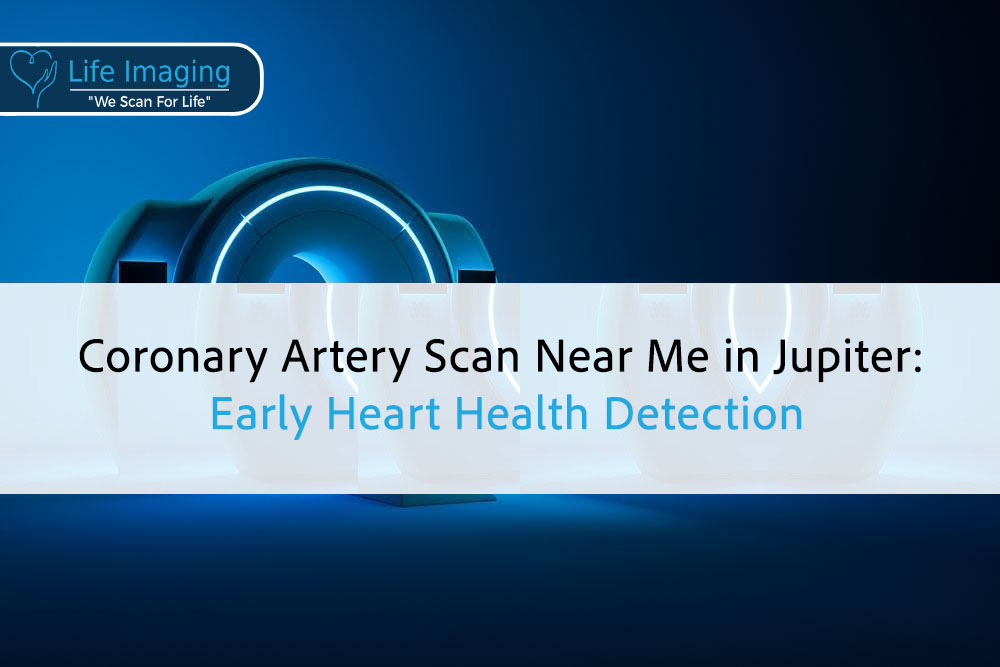
Introduction Your heart works hard every second of the day,
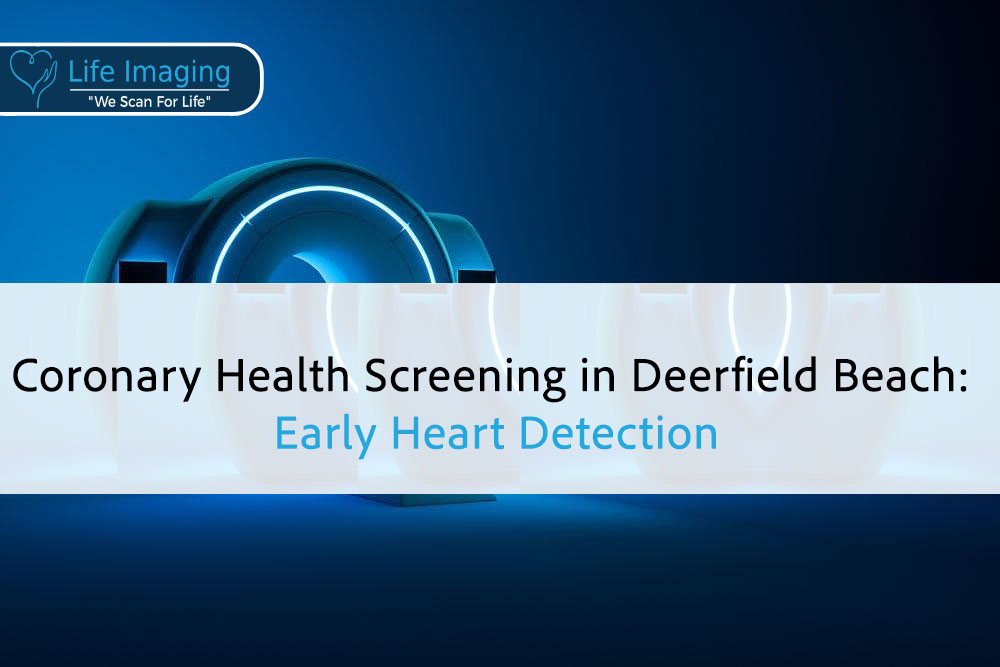
Introduction Your heart works around the clock, but changes inside
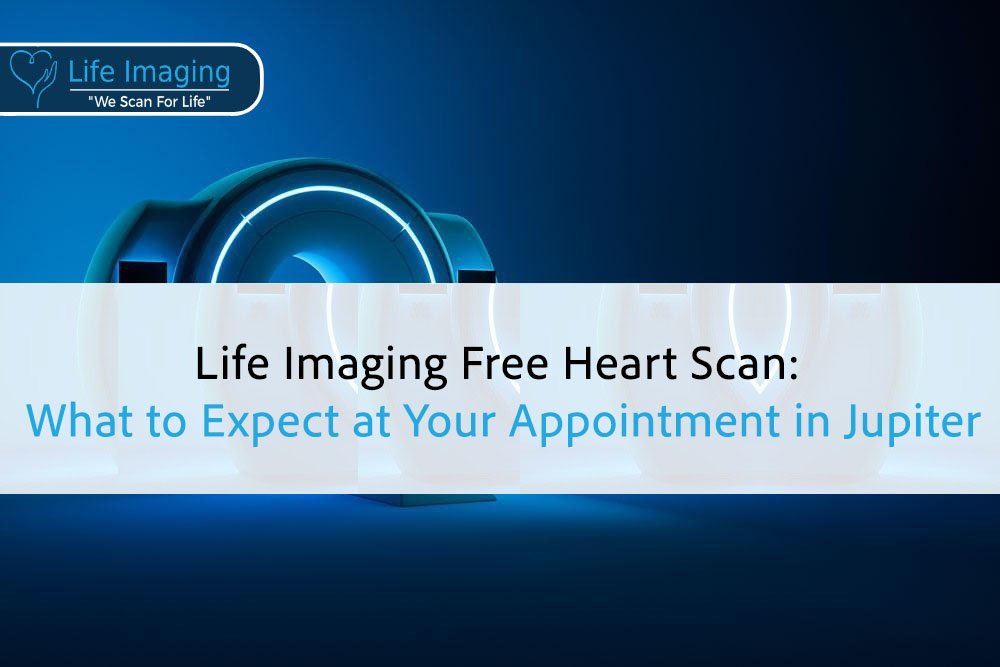
Introduction Your heart works nonstop, often without a single complaint.
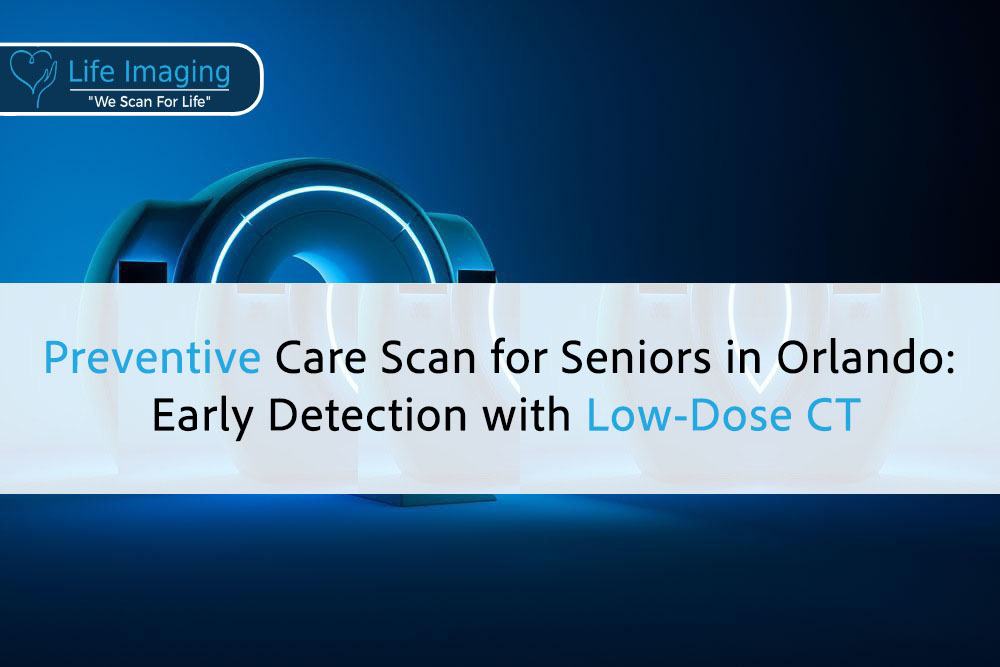
Introduction The best part of getting older is having time
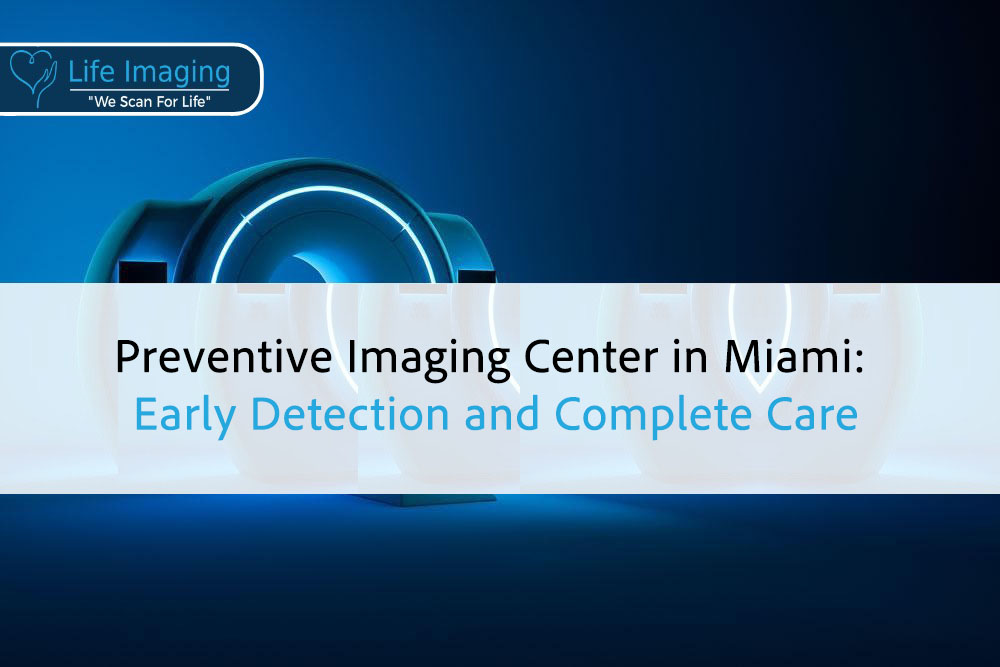
Introduction Good health isn’t just about treating problems, it’s about

* Get your free heart scan by confirming a few minimum requirements.
Our team will verify that you qualify before your scan is booked.
Copyright © 2025 Life Imaging – All Rights Reserved